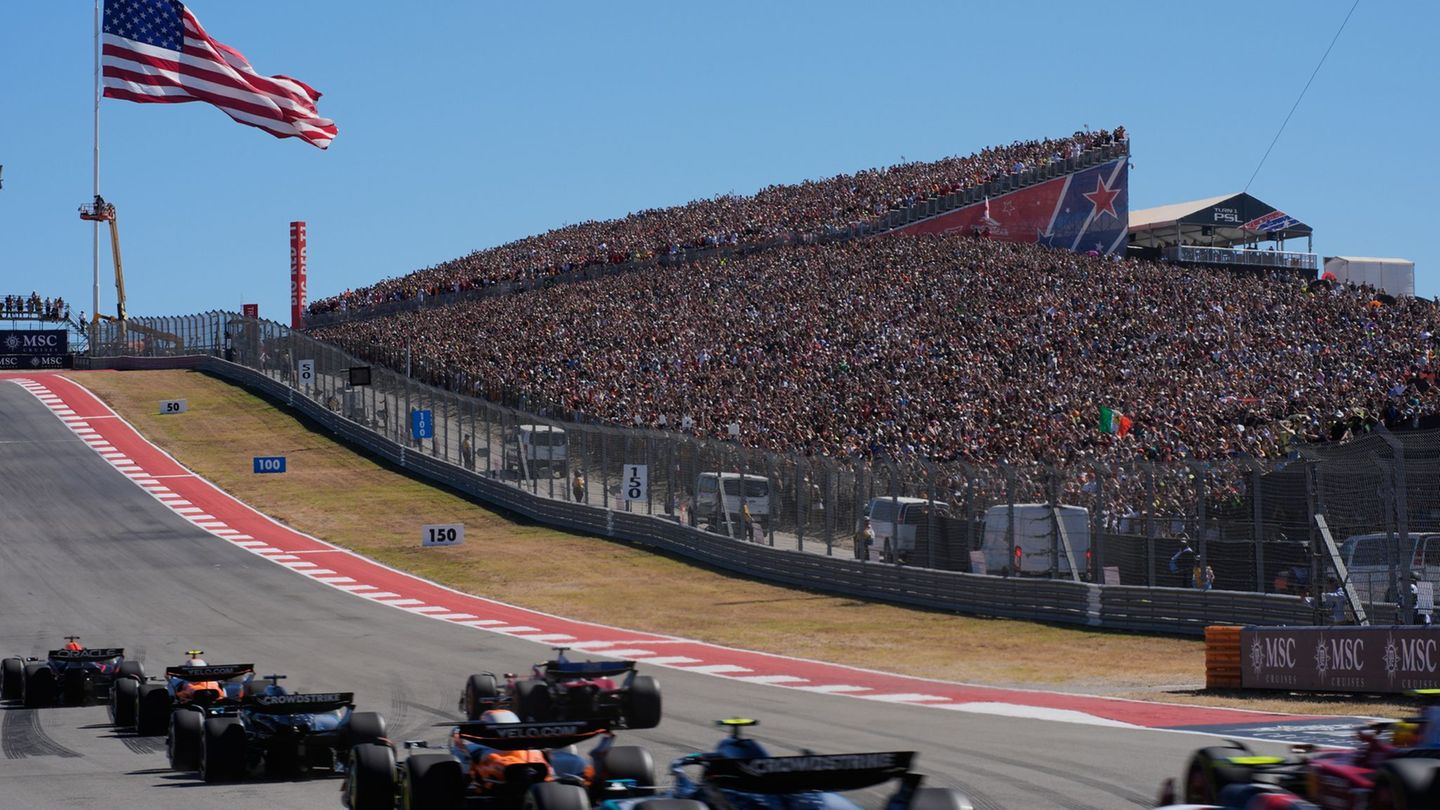The company reported on Monday in a press release positive results from phase 3 and booster vaccines after two primary Valneva and AstraZeneca vaccines respectively. The traditionally developed whole virus vaccine (“inactivated vaccine”) has been delivered to Austria and other EU countries that have ordered it since last week.
“As a company with a central research and development location in Vienna, we are particularly pleased to be able to deliver our vaccine against Covid-19 in Austria and thus make a contribution to a broader range of vaccinations. 15 percent of Europeans over the age of 18 are not yet vaccinated and we continue to receive messages from Europeans waiting for a more traditional vaccine technology,” said Valneva CEO Thomas Lingelbach. The local vaccination centers can order the doses from the Bundesbefertigungs GmbH (BBG), and in some federal states it was already possible to vaccinate at the end of the previous week.
Valneva’s “VLA2001” vaccine is the only inactivated Covid vaccine approved in the EU for the primary vaccination of people aged 18 to 50. The vaccine also received conditional approval in the UK. Supply contracts have been concluded with Austria, Germany, Denmark, Finland and Bulgaria. However, due to the saturated order situation and the existing stocks, Valneva has now stopped manufacturing the vaccine. However, the company is holding stocks for possible additional deliveries to these EU member states should demand pick up again.
Valneva had already submitted immunogenicity data at day 43 after the primary vaccination. The immunogenicity was now also examined about two months after the first immunization. At day 71, VLA2001-induced neutralizing antibody titers were non-inferior to those of AstraZeneca’s vaccine ChAdOx1-S (VLA2001 GMT 444.0, ChAdOx1-S GMT 411.8) in a comparative study. “Furthermore, analyzes of T-cell responses observed in a subset of the 3,560 study participants approximately six months after primary vaccination (Day 208) showed that VLA2001 induced broad antigen-specific IFN-gamma-producing T-cells that produced up to Day 208 were reactive against the S protein as well as the N and M proteins,” reported Valneva.
The incidence of Covid-19 cases was similar in the VLA2001 and ChAdOx1-S groups. In the direct comparison groups (over 30 years), no severe cases occurred up to day 208. Valneva explained that this could indicate that both vaccines offer similar protection against severe Covid-19 disease, although the data mainly relate to the Delta variant.
In addition, 958 study participants received a single dose of VLA2001 approximately eight months after primary vaccination with VLA2001 or ChAdOx1-S to investigate the booster effect in a homologous and heterologous setting. In both homologous and heterologous settings, VLA2001 was able to elevate immunity to higher neutralizing antibody titers than after primary vaccination and to a level considered highly effective (90 percent) against SARS-CoV-2, Valneva emphasized.
However, a heterologous booster study aimed at providing booster data after a primary immunization with an mRNA vaccine or a natural Covid-19 infection is ongoing. Results are expected in the fourth quarter of 2022.
Source: Nachrichten




